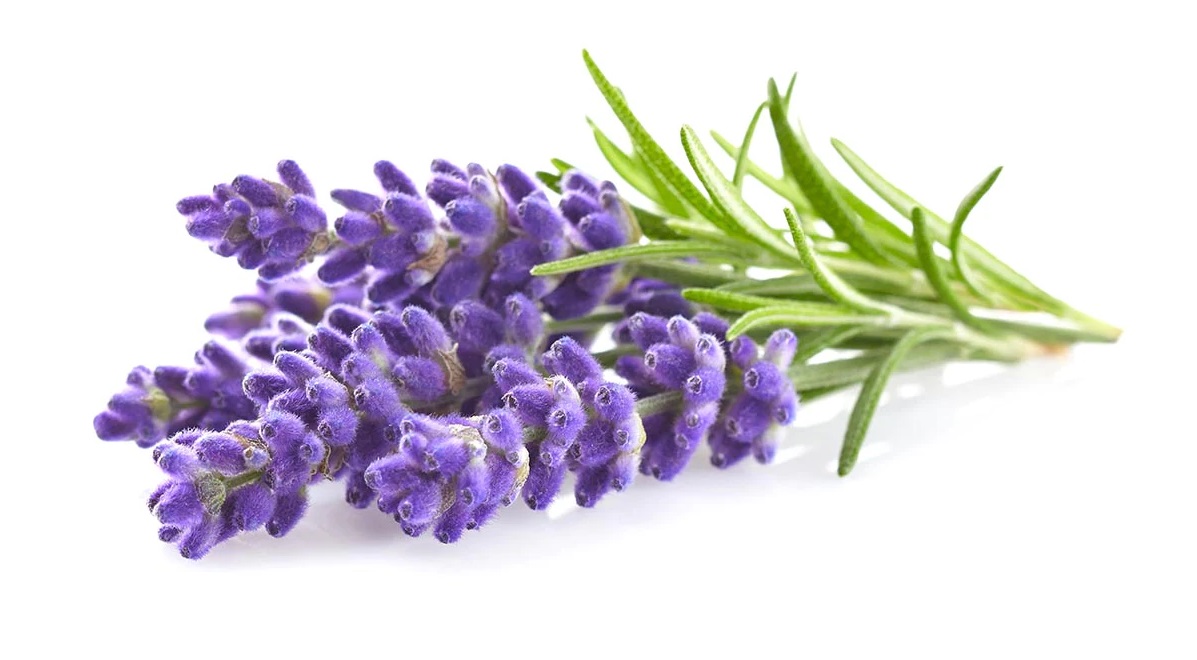
Products with Lavender

Botanical Name: Lavandula Angustifolia
Family: Lamiaceae
Extraction: Steam Distilled
Lavender is often associated with English gardens, but these beautiful purple flowers are more than just vibrant shades. Lavender was considered precious to the Romans, who used it in thermal baths as a cleanser and medicine, and for thousands of years, people from all over the world have taken advantage of the benefits that lavender offers.
Egyptians were the first people to cultivate lavender more than two thousand years ago. They incorporated the flower into holy ointments used in embalming and mummification rituals. We later get the word Lavender from the Latin lavare, meaning to wash, and the Romans used it as an aphrodisiac because they believed the scent made them more attractive.
Before modern medicine, lavender was a weapon against infectious diseases and used to clean and treat open wounds. Not just a strong fragrance, lavender is an antiseptic, disinfectant, analgesic, and anti-inflammatory, and even to this day, it’s often used to take the sting away from minor cuts, heal insect bites, and soothe sunburn.
Since the beginning of the 20th century, lavender has been grown as a crop to be distilled into essential oils for use in aromatherapy, perfumery, and phytotherapy. With a powerful floral and herbal aroma and all the medicinal benefits to boot, there’s little wonder it’s one of the most widely used of all the essential oils.
Lavender’s tiny purple flowers are rich in essential oils and are well known for relieving stress and aiding sleep. Scientific studies show that lavender may slow activity in the nervous system, so if you’re feeling rattled, this herb can help ease your mind and let you unwind. Lavender essential oil is very popular in aromatherapy, with some studies showing that inhaling the scent through an air diffuser boosts mood and improves the state of mind.
You can try some simple aromatherapy at home by making a herbal tea infusion. Add one teaspoon of dried flowers to a cup of hot water and infuse for ten minutes before sipping your way into a restful sleep by inhaling the vapour as you drink.
In addition to making us feel calmer, lavender also helps relieve stiff and aching muscles. Soaking in a lavender bath will work wonders on a sore body! Try putting the dried flower buds into a small cotton bag and drop it into the bath. Alternatively, fill a jam jar with the dried flowers and top up with a good quality carrier oil, such as almond oil or argan oil, leave on a sunny windowsill for a few weeks and then use the macerated oil for massages.
Lavender has long been included in beauty rituals as it leads to beautiful skin. Lavender can also protect against free radicals and can help fight acne. The leftover floral water made from the distillation process in the manufacturing of essential oils can be used as a facial spritz or pillow spray. A decoction of the flower buds, about 50grams per litre of boiling water, cooled and sprayed on the face hydrates dry and sensitive skin.
Scientific and herbal research indicates that lavender can help women suffering from premenstrual syndrome. It can offer relief from the anxiety, irritability, insomnia and depression that accompany PMS.
Lavender is both gentle and safe, however, mild allergic reactions can occur. Lavender can also interfere with blood pressure and sedative medications. Seek advice from a healthcare provider before using any herbal medicine. Never apply undiluted essential oils directly on the skin as this can cause skin irritation. Avoid use if pregnant or breastfeeding, and stop using lavender two weeks before a scheduled surgery.